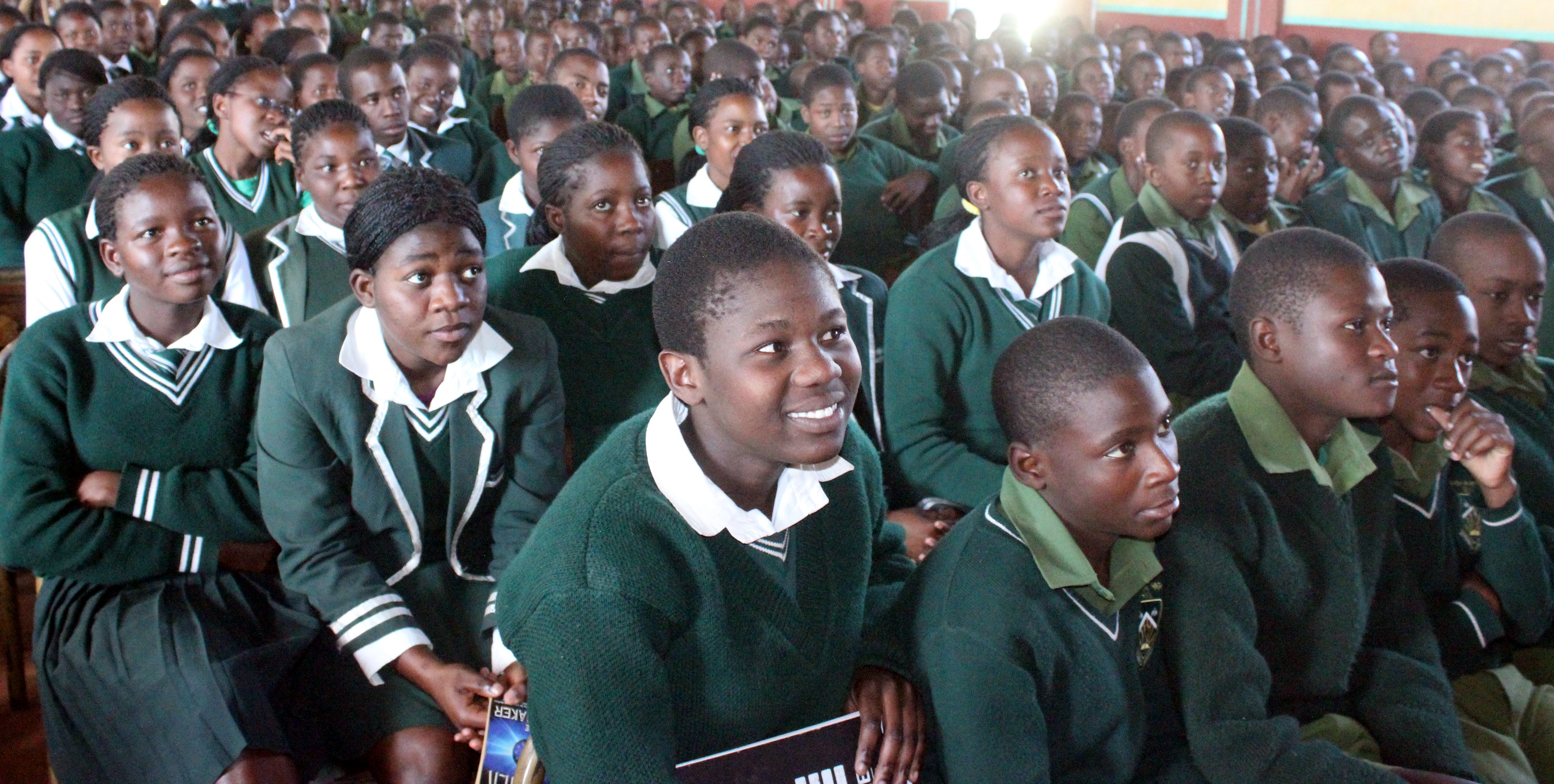Illicit financial flows — Time for Africa to act

Kizito Sikuka
IMAGINE what Africa would be like if all its proceeds from natural resources such as diamonds, gold and platinum remained in the continent to finance its development agenda. Africa would be one of the most developed and industrialised continents in the world, with seamless infrastructure, uninterrupted power supplies, enough jobs for everyone and a peaceful and stable socio-economic environment.
In global affairs, the continent would be a dominant force, which other players, including China, Russia, Europe and the United States regard as an equal partner.
This vision, though far-fetched, is still attainable, but only if measures are put in place to address the scourge of illicit financial flows (IFF) from the continent.
It is estimated that Africa has lost more than US$1.8 trillion to IFF between 1970 and 2008 alone, and continues to lose resources valued at up to US$150 billion annually through IFF or “illicit capital flight”, mainly through tax evasion, mispricing of goods and services by multi-national companies, according to a recent study commissioned by the African Union (AU).
This, therefore, means that resources that are intended to develop Africa are being used elsewhere to improve the economies of other countries in Europe, Asia and the US.
In fact, even when these countries try to “make-up” by providing assistance to Africa, it has been noted that “the amount of illicit financial flows from Africa is greater than the inflow of Overseas Development Assistance,” according to a declaration by the 24th AU Summit held in Addis Ababa, Ethiopia recently.
So the question is what can Africa do to curb the scourge of illicit financial flows, and ensure that its own resources are used to develop economies of African countries?
Former South African President Thabo Mbeki, who heads the High-Level Panel on Illicit Financial Flows established by African leaders in 2011 to find ways of addressing the problem, believes that the solutions to curb the problem should be multi-pronged.
“It’s become quite clear in the course of our work that while the study of illicit financial flows seems technically complex, it’s ultimately a political matter requiring decisions at various levels of governance,” Mbeki said in his address to the 24th AU Summit.
He said illicit financial flows could best be described as an “African problem requiring a global solution.”
“This slogan underscores the important role of cooperation and collaboration by all concerned to tackle illicit financial flows and to bring coherence at regional and global levels to existing disparate strands of the work being done on this matter,” he said.
Mbeki’s assessment is critical as Africa and the global community, particularly Europe and the US, are mostly to blame for “siphoning” and channelling resources meant to develop Africa to fund other developments outside the continent.
As pointed out in the IFF report produced by the High-Level Panel on Illicit Financial Flows, illicit capital flight from Africa is mainly through tax evasion, mispricing of trade and services by multi-national companies.
For example, most resource exploitations in Africa are usually in the hands of a few foreign-owned companies which pay low taxes and often prefer to process the raw materials outside the continent.
On the other hand, most African countries lack proper documentation that profile their own available natural resources.
This situation has resulted in most African governments being short-changed in a number of mineral extraction negotiations as they are not aware of the exact quality and quantity of their natural resources.
Director for the Southern Africa Resources Watch, Claude Kabemba has urged Africa to come up with a vibrant database that profiles the various natural resources that are found on the continent.
“When we extract the minerals, we’re extracting our capital. Therefore, Africa needs to invest heavily in data collection and knowledge management about its natural resources,” he said, adding that most of the available data is from investors who usually manipulate the data for their own use.
Another key intervention for Africa could be to consider re-negotiating some of the mining deals signed many decades ago as most of them are dubious and do not benefit the continent.
Such a route may pose its own technical and legal challenges, but is nevertheless an important intervention if Africa is to take full advantage of its resources.
African leaders also proposed that all the financial resources lost through IFF be identified and returned to Africa to finance the continent’s development agenda.
“Summit declared its commitment to end the chronic illicit financial flows, and resolved to ensure that all financial resources lost through illicit capital flight and illicit financial flows are identified and returned to Africa,” reads part of declaration issued by the 24th AU Summit.
The leaders said curtailing IFF through, among other interventions, institutionalising prudent legal and regulatory regimes and fighting corruption could greatly contribute to efforts by the continent to find internal sources of financing its development agenda.
“The time is now for Africa’s Renaissance, for the continent to regain ownership of its natural resources and to implement sound, prudent management and good governance, with a view to optimising the benefits derivable from its natural resources in particular extractive sectors and mineral resources for present and future generations while limiting negative environmental and macroeconomic impacts,” the leaders said.
This is in realisation of the fact that Africa continues to be among the poorest in the world despite the abundant natural resources.
For example, Africa is home to about 30 percent of the world’s known reserves of minerals, as well as the largest cobalt, diamonds, platinum, and uranium reserves in the world.
However, most of the profits from resource exploitation leave the continent through various means including invading tax or paying low tax by foreign-owned companies.
Other factors are corruption, weak institutions both at national and continental levels to monitor and curb criminal activities, as well as political instability and conflicts, which provide some avenues for foreign-owned companies to engage in illicit activities.
To contribute to the ongoing debate on curbing IFF, TrustAfrica and the Southern African Research and Documentation Centre (SARDC) have established a database that acts as a knowledge hub for research papers, newspaper articles and other literature on the subject of illicit financial flows from Africa.
The overall goal of the database is to improve the accessibility of research findings and organisations working on illicit capital outflows. — sardc.net








Comments